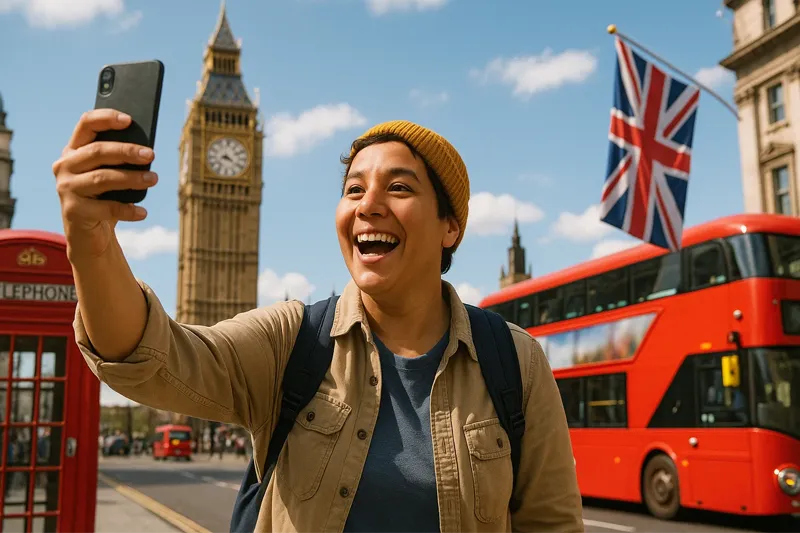Tourist and Visitor Visa
Immigration Rules for Visitors to the UK
The Immigration Rules for Visitors to the UK set out the requirements that people must meet to visit the UK temporarily. The rules apply to all visitors, regardless of their nationality.
The four types of Visitor are:
• Standard Visitor: This is the most common type of Visitor visa. It allows people to visit the UK for tourism, business, study (courses up to 6 months), and other permitted activities.
• Marriage/Civil Partnership Visitor: This visa allows people to come to the UK to marry or form a civil partnership.
• Permitted Paid Engagement Visitor: This visa allows experts in their field to come to the UK to undertake specific paid engagements for up to one month.
• Transit Visitor: This visa allows people to transit to the UK on their way to another country.

To be eligible for a Visitor visa, you must meet the following requirements:
• You must be a genuine visitor, meaning you intend to leave the UK at the end of your visit.
• You must have sufficient funds to cover all of your expenses while you are in the UK.
• You must not intend to work in the UK, study in the UK, or access medical treatment in the UK (unless you are eligible for an exception).
• You must not have a criminal record.
• You must not be a threat to national security.
You can apply for a Visitor visa online or at a visa application center. The application fee is £100 for a standard Visitor visa.
The length of stay you are granted will depend on the type of Visitor visa you apply for. Standard Visitors are usually granted a stay of up to six months. Marriage/Civil Partnership Visitors are usually granted a stay of up to six months. Still, they can be granted a longer stay if they are married or in a civil partnership with a British citizen or settled person. Permitted Paid Engagement Visitors are usually granted a stay of up to one month. Transit Visitors are usually granted a stay of up to 48 hours.
If you want to stay in the UK longer than the period you are granted, you may need to apply for an extension.
Here are some additional things to keep in mind when applying for a Visitor visa:
• You must provide a valid passport or other travel document.
• You must provide evidence of your financial means, such as bank statements or a letter from your employer.
• You must provide a letter from your sponsor if you are applying for a visa on behalf of someone else.
• You may need to attend an interview at a visa application center.
The UK Border Agency decides on whether to grant you a Visitor visa. The decision will be based on the information you provide in your application and any other relevant information that the UK Border Agency may have.
If your visa application is refused, you can appeal the decision. The appeal process is complex, and you should seek legal advice if you are considering appealing a visa refusal.
Here are some additional things to know about the Immigration Rules for Visitors to the UK:
• The rules are subject to change, so it is important to check the latest version before you apply for a visa.
• The rules are complex, and there are many exceptions. Seeking legal advice if you have any questions about the rules is important.
• The UK Border Agency has the right to refuse a visa application for any reason, even if you meet all of the requirements.
If you are planning to visit the UK, it is important to understand the Immigration Rules for Visitors. By following the rules, you can increase your chances of being granted a visa and having a successful visit to the UK.
I hope this blog post has been helpful. If you have further questions about the Immigration Rules for Visitors to the UK, please do not hesitate to contact us.
